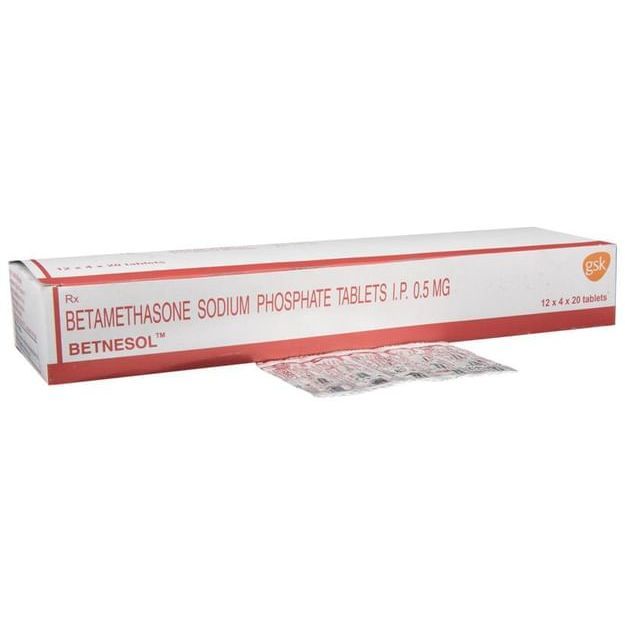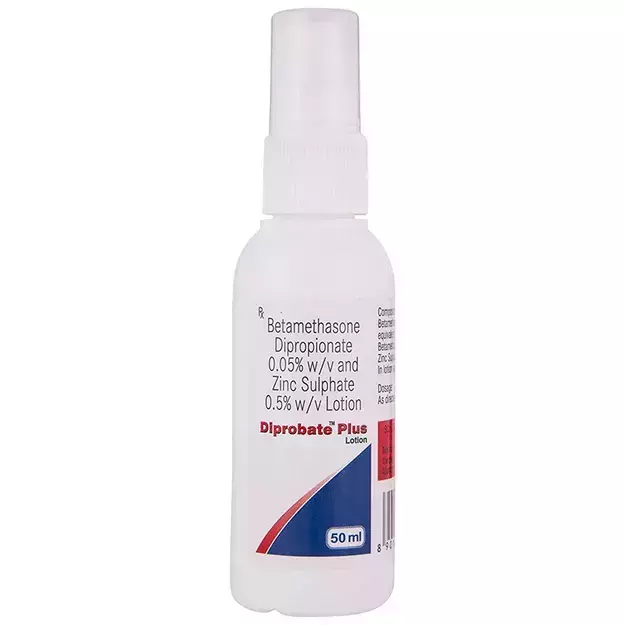Betsalic 0.05% Lotion is a commercial drug that is prescribed in the form of Lotion. Allergy, Asthma, Cancer: causes, symptoms, treatment, medicines, prevention and medicines are some of its major therapeutic uses. The alternative uses of Betsalic 0.05% Lotion have also been explained below.
Medical history of the patient along with age and gender determines the dosage of Betsalic 0.05% Lotion. Besides the medical condition it is advised for, the route of administration also plays an important role in determining the correct drug dosage. Detailed information has been provided in the dosage section.
The most common side effects of Betsalic 0.05% Lotion are Skin Rash. Besides the aforementioned side effects, there are other adverse effects of Betsalic 0.05% Lotion as well, which are listed below. Usually, these side effects of Betsalic 0.05% Lotion go away soon, and do not persist beyond the duration of the treatment. If, however, they worsen or do not go away, please speak with your physician.
Betsalic 0.05% Lotion's effect during pregnancy is Moderate and Safe while nursing. Further, the section on Betsalic 0.05% Lotion related warnings talks about Betsalic 0.05% Lotion's effects on the liver, heart and kidney.
Betsalic 0.05% Lotion is not recommended if you suffer from certain medical conditions as it can have adverse effects. Liver Disease, Scleroderma, Tuberculosis (TB) are examples of such conditions. The section on Betsalic 0.05% Lotion contraindications lists all such conditions.
Drug reaction of Betsalic 0.05% Lotion with other medicines has been reported. See below for a complete list.
In addition to the above precautions for Betsalic 0.05% Lotion, it is important to know that it is safe while driving, and is habit-forming.
X
















